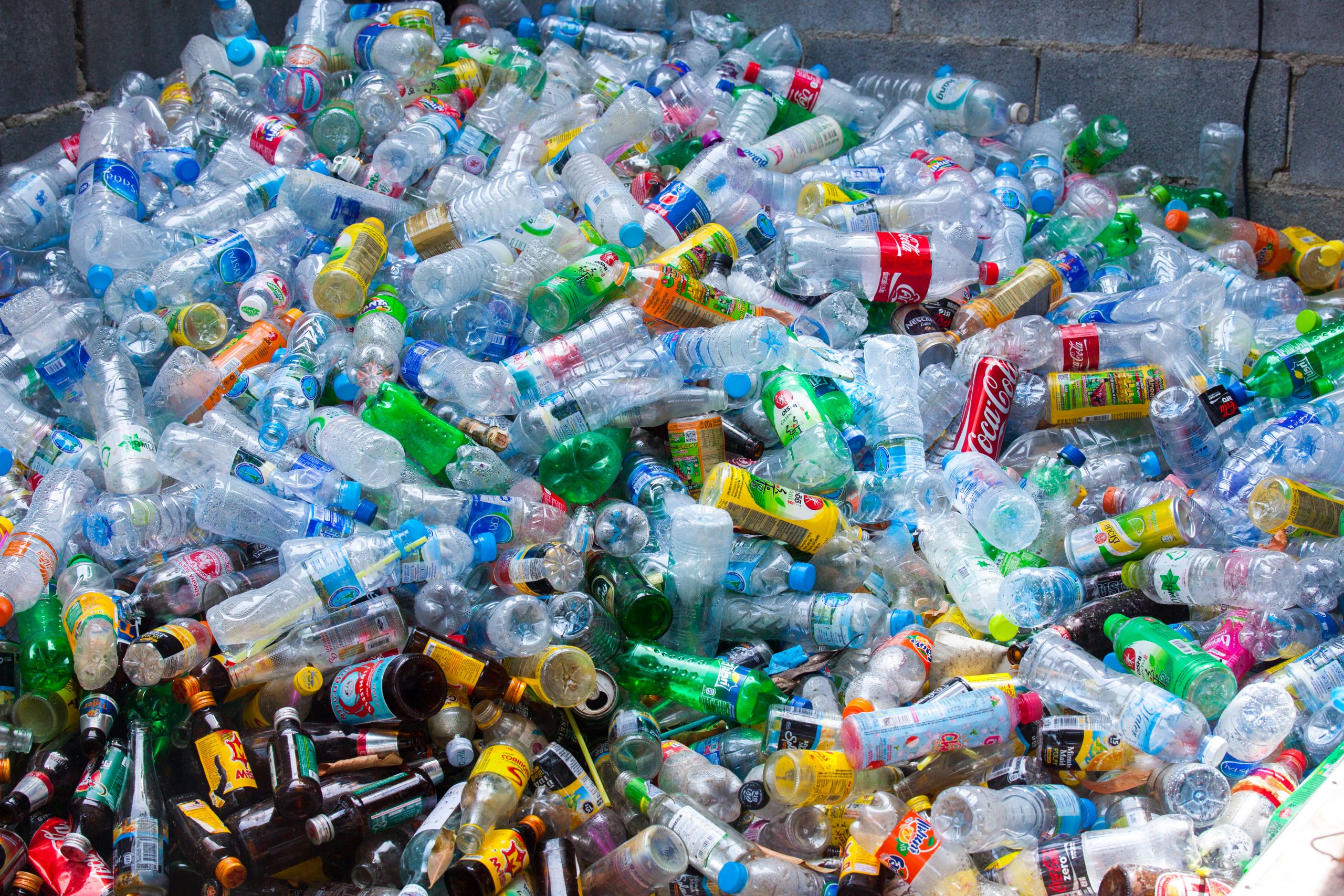
Plastic Treaty Coalition Discussed the Priority Themes for the Future Plastic Treaty
Chemicals in ProductsOn April 28, a group of NGOs who are members of the Plastic Treaty Coalition gathered online to discuss the priority themes for the work of the intergovernmental negotiating committee (INC) to develop an international legally binding instrument on plastic pollution.
The agenda for INC will be set up at the ad hoc open-ended working group (OEWG) that will be happening from May 29 – June 1 in Dakar, Senegal in a hybrid format. The meeting schedule and the registrtation instructions are available on UNEP webpage.
The meeting of the OEWG was requested by the UNEA resolution 5/14 entitled ‘End plastic pollution: Towards an international legally binding instrument’. The OEWG will discuss the timetable and organization of work of INC. Detailed negotiations will start at committee meetings.
Members of the Plastic Treaty Coalition believe that the work of the INC should focus on many important topics. These include sustainable production and consumption of virgin plastic; transparency of information on plastic additives and their health impact; environmentally sound plastic waste management; financing of the treaty implementation; plastic impact on climate and biodiversity; microplastic and nano plastic; monitoring and reporting; and more.
Being a member of the Plastic Treaty Coalition, HEJSupport is sure that transparency for hazardous chemicals in plastic is essential to addressing the problem of plastic pollution along the whole product life cycle. It will help make informed decisions about how plastic products are handled and contribute to the global safety of human health and the environment. Adding the theme of transparency for plastic chemicals to the work of INC will facilitate its inclusion into the text of the future binding instrument on plastic.
Moreover, information transparency on hazardous plastic chemicals will support a transition to safe chemicals and products by design and offer significant opportunities to reduce chemical pollution, improve circularity, and foster more sustainable innovation.



